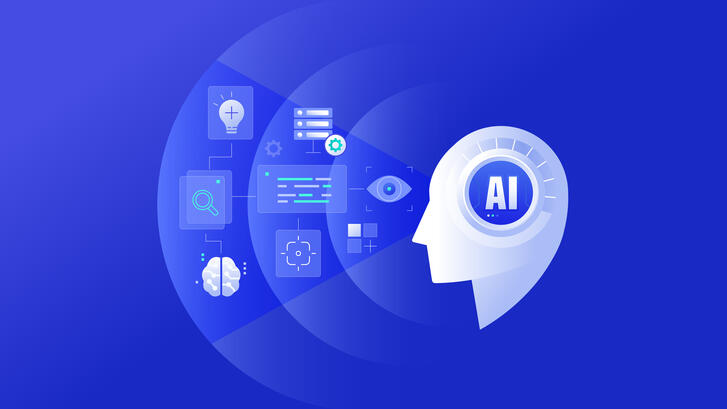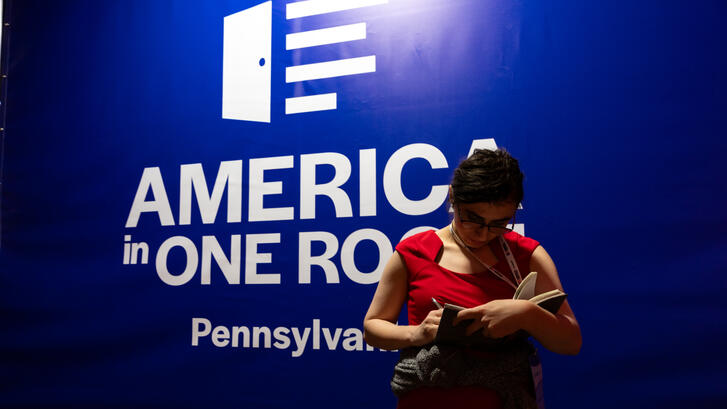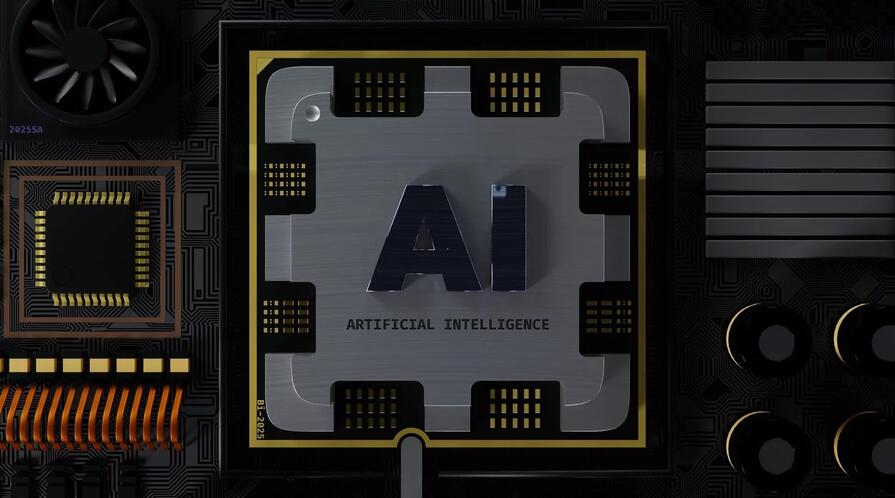There is a significant gap between what technology, especially AI technology, is being developed and the public's understanding of such technologies. We must ask: what if the public were not just passive recipients of these technologies, but active participants in guiding their evolution?
A group of technology companies convened by Stanford University’s Deliberative Democracy Lab will gather public feedback about complex questions the AI industry is considering while developing AI agents. This convening includes Cohere, Meta, Oracle, and PayPal, advised by the Collective Intelligence Project.
This Industry-Wide Forum brings together everyday people to weigh in on tech policy and product development decisions where there are difficult tradeoffs with no simple answers. Technology development is moving so quickly, there is no better time than right now to engage the public in understanding what an informed public would like AI technologies to do for them. This Forum is designed based on Stanford's method of Deliberative Polling, a governance innovation that empowers the public’s voices to have a greater say in decision-making. This Forum will take place in Fall 2025. Findings from this Forum will be made public, and Stanford’s Deliberative Democracy Lab will hold webinars for the public to learn and inquire about the findings.
"We're proud to be a founding participant in this initiative alongside Stanford and other AI leaders," said Saurabh Baji, CTO of Cohere. "This collaborative approach is central to enhancing trust in agentic AI and paving the way for strengthened cross-industry standards for this technology. We're looking forward to working together to shape the future of how agents serve enterprises and people."
In the near term, AI Agents will be expected to conduct a myriad of transactions on behalf of users, opening up considerable opportunities to offer great value as well as significant risks. This Forum will improve product market fit by giving companies foresight into what users want from AI Agents; it will help build trust and legitimacy with users; and it will strengthen cross-industry relations in support of industry standards development over time.
"We support The Forum for its deliberative and collaborative approach to shaping public discourse around AI agents," said Prakhar Mehrotra, SVP of AI at PayPal. "Responsibility and trust are core business principles for PayPal, and through collaborative efforts like these, we seek to encourage valuable perspectives that can help shape the future of agentic commerce."
The Forum will be conducted on the AI-assisted Stanford Online Deliberation Platform, a collaboration between Stanford’s Deliberative Democracy Lab and Crowdsourced Democracy Team, where a cross-section of the public will deliberate in small groups and share their perspectives, their lived experiences, and their expectations for AI products. This deliberation platform has hosted Meta’s Community Forums over the past few years. The Forum will also incorporate insights from CIP's Global Dialogues, conducted on the Remesh platform.
“Community Forums provide us with people’s considered feedback, which helps inform how we innovate,” said Rob Sherman, Meta’s Vice President, AI Policy & Deputy Chief Privacy Officer. “We look forward to the insights from this cross-industry partnership, which will provide a deeper understanding of people’s views on cutting-edge technology.”
This methodology is rooted in deliberation, which provides representative samples of the public with baseline education on a topic, including options with associated tradeoffs, and asks them to reflect on that education as well as their lived experience. Deliberative methods have been found to offer more considered feedback to decision-makers because people have to weigh the complexity of an issue rather than offering a knee-jerk reaction.
"This industry-wide deliberative forum represents a crucial step in democratizing the discourse around AI agents, ensuring that the public's voice is heard in a representative and thoughtful way as we collectively shape the future of this transformative technology," said James Fishkin, Director of Stanford's Deliberative Democracy Lab.
This Industry-Wide Forum represents a pivotal step in responsible AI development, bringing together technology companies and the public to address complex challenges in AI agent creation. By leveraging Stanford's Deliberative Polling methodology and making findings publicly available, the initiative promises to shape the future of AI with enhanced transparency, trust, and user-centric focus. Find out more about Stanford’s Deliberative Democracy Lab at deliberation.stanford.edu.
Media Contact: Alice Siu, Stanford Deliberative Democracy Lab











